No workplace is perfect. From misunderstandings with colleagues to more serious issues like harassment, discrimination, or unfair treatment, conflicts can and do arise. For employees, the key to resolving these challenges isn’t just raising concerns—it’s about documenting workplace issues properly and building a strong case strategically.
At Pro HR Concepts, we empower employees with the knowledge and tools they need to protect their rights, while also guiding businesses to handle such issues fairly and professionally.
Why Documentation Matters
Workplace issues often come down to one person’s word against another’s. Without proper documentation, proving your case can be extremely difficult. Documentation provides:
- Credibility: Written records are stronger than verbal accounts.
- Clarity: Details such as dates, times, and witnesses strengthen your case.
- Protection: Employees safeguard themselves against retaliation or dismissal.
- Resolution: Employers can investigate and address issues more effectively with evidence.
Simply put, documentation turns a complaint into a substantiated case.
Common Workplace Issues That Require Documentation
While not every workplace conflict escalates, certain issues should always be documented, such as:
- Harassment or bullying by managers or coworkers.
- Discrimination based on gender, race, religion, or other protected categories.
- Wage or overtime disputes.
- Unsafe working conditions.
- Unfair disciplinary actions or wrongful termination.
- Repeated policy violations by others that affect your work.
Steps to Document Workplace Issues Strategically
1. Record Key Details Immediately
As soon as an incident occurs, write down the date, time, location, and people involved. Memories fade quickly, and having accurate notes strengthens your credibility.
2. Save Evidence
Keep copies of emails, text messages, performance reviews, or any written communication related to the issue. Screenshots and photographs (where appropriate) can also be powerful evidence.
3. Maintain a Timeline
A chronological record of incidents shows patterns of behavior. For example, documenting repeated harassment over weeks or months makes your case much stronger than reporting a single event.
4. Stay Professional
Stick to facts, not emotions. Avoid exaggeration or assumptions in your documentation. For example:
- Weak note: “My boss is always rude.”
- Strong note: “On August 10, 2025, during a team meeting, my manager shouted, ‘You’re incompetent,’ in front of colleagues.”
5. Use Company Reporting Channels
Many organizations have HR policies or anonymous reporting systems. Submitting documentation through official channels ensures your complaint is formally recognized.
6. Keep Personal Copies
Even if you report through HR, keep your own secure copies of all evidence and documentation. This protects you if internal systems fail or records are misplaced.
Building Your Case Strategically
Documentation is only the first step. To build a strong case, employees should:
- Understand company policies: Review the employee handbook to see if policies were violated.
- Know your rights: Be aware of labor laws regarding discrimination, harassment, and workplace safety.
- Seek support: Consider talking to trusted colleagues, mentors, or HR professionals.
- Escalate appropriately: If internal reporting doesn’t resolve the issue, external legal or regulatory bodies may need to be involved.
At Pro HR Concepts, we guide employees in documenting cases effectively and navigating the right path to resolution—without jeopardizing their professional future.
The Employer’s Perspective
Documentation isn’t just important for employees—it also protects employers. For businesses, maintaining proper HR records:
- Provides transparency in disciplinary actions.
- Protects the company against false claims.
- Demonstrates compliance with labor laws.
- Builds a culture of fairness and accountability.
This is why we encourage businesses to train managers and HR staff on proper documentation practices.
How Pro HR Concepts Helps
We provide support to both employees and employers by:
- For Employees: Offering guidance on documenting workplace issues, understanding rights, and building a case professionally.
- For Businesses: Creating fair HR frameworks, training managers, and ensuring compliance to reduce the risk of disputes.
Our balanced approach ensures workplace issues are addressed with integrity, respect, and fairness.
Conclusion
Workplace issues are challenging, but the way they are handled can make all the difference. Strategic documentation empowers employees to protect their rights and build strong cases, while also giving employers the information they need to resolve matters fairly.
At Pro HR Concepts, we champion both employees and businesses by providing tools, guidance, and HR frameworks that ensure accountability and trust.
Because when issues are documented properly, solutions become clearer—and workplaces become healthier.eryone involved.

